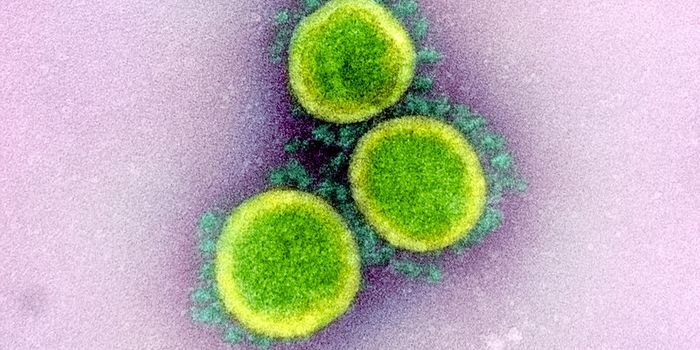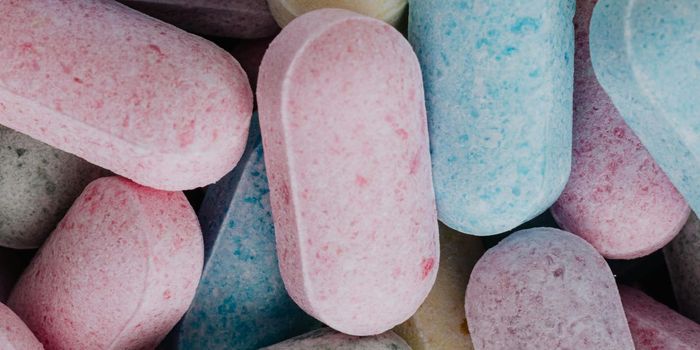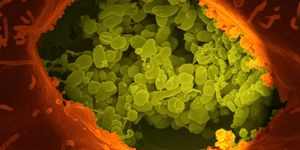"Study May Proceed" for Major Depressive Disorder Drug
Vistagen is a clinical-stage pharma company developing drugs for central nervous system disorders (CNS disorders) such as anxiety and depression. They recently received a "Study May Proceed" letter from the United States Food and Drug Administration (FDA) concerning their new drug, PH10. This letter from the FDA allows Vistagen to start clinical trials on PH10, an intranasal drug to treat Major Depressive Disorder.1
Major Depressive Disorder (MDD) was ranked #3 in disease prevalence by the WHO in 2008 and is estimated to be #1 by 2030. MDD is a disorder when a patient reports consistent low mood, decrease in pleasurable activities, overall negative energy, lack of energy, and various other symptoms. 2
There are various treatments for MDD, from psychotherapy to pharmacotherapy. When it comes to drugs, there are a plethora of pharmacological agents that can treat MDD, including, but not limited to, drugs in the following classes: selective serotonin reuptake inhibitors (SSRIs), serotonin-norepinephrine reuptake inhibitors (SNRIs), atypical antidepressants, tricyclic antidepressants (TCAs), monoamine oxidase inhibitors (MAOIs), and more. There is a wide selection of medications to choose treatment from; however, many patients are still treatment-resistant. There are still a plethora of patients experiencing symptoms of MDD despite extensive medical and psychological treatment.
Therefore, there is an emergent need to develop new treatments.
PH10, Vistagen's new drug, is a synthetic neuroactive steroid in the family of pherines. It was formulated for intranasal administration in order to engage the sensory receptors in the nose to induce anti-depressive effects. (See the video below about intranasal administration) PH10 showed strong effects on patients' depression after eight weeks of the original study. There were no reports of serious adverse events; however, patients on PH10 did report increased appetite, daytime sleepiness, nasal dryness, and headache compared to the placebo-treated group. There were no reports of abnormal lab values or abnormal ECGs when measured after the eight weeks of treatment.1
The main limitation of the original study is the small sample size of 27 participants and low generalizability.1 However, that is what the new FDA letter is for - clearance for additional clinical trials that can tell us more about this drug, its side effect profile, potential monitoring, and long-term effects of the drug.
PH10 is an extremely promising drug for treating MDD, a disease that is so prevalent, especially in this day and age. With a relatively "safe" side effect profile (so far) based on the preliminary study conducted, this seems like a potential drug that may be accepted into future guidelines to treat MDD!
References
1 Louis Monti, Humberto Nicolini, Michael R Liebowitz, Rita Hanover. A Placebo Controlled Trial of PH10: Test of a New Rapidly Acting Intranasally Administered Antidepressant. British Journal of Pharmaceutical and Medical Research. 2020;04(06):2157-2168. doi:10.24942/bjpmr.2019.604
2 Bains N, Abdijadid S. Major Depressive Disorder. [Updated 2022 Jun 1]. In: StatPearls [Internet]. Treasure Island (FL): StatPearls Publishing; 2022 Jan-. Available from: https://www.ncbi.nlm.nih.gov/books/NBK559078/








